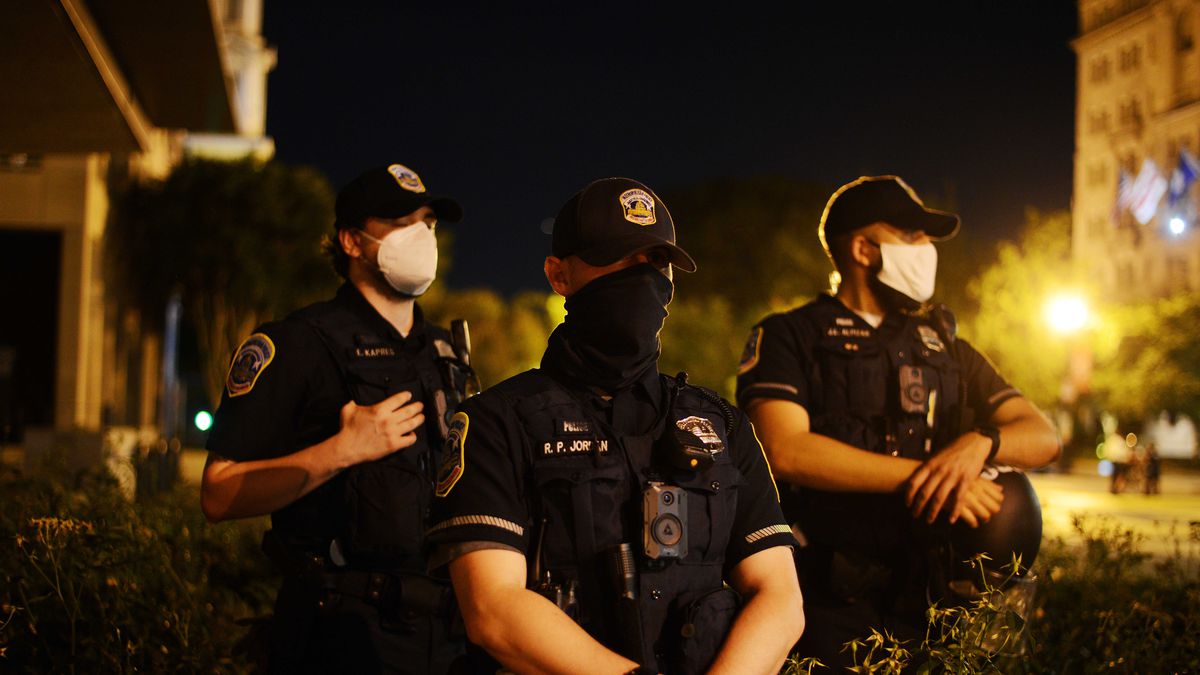Thanks to Mother Nature, roadways are especially dangerous this time of year; even more so than normal.
Police Officers spend a great deal of their tour navigating the streets; therefore it is not unusual that many officers become involved in traffic accidents every year. We have all seen people driving cars with 4 tires (often 4 different sized tires) with the tread worn down so much the tires look more like bologna skins. Of course accidents occur off-duty as well. In either case, personal injury cases involving police officers involve unique issues when it comes to obtaining and preserving a financial award from the at-fault party.
As an attorney who routinely represents police officers, I’m occasionally asked if police officers can file a lawsuit against someone who has caused them injury during their tour of duty. The answer, like most answers having to do with the law, can be complicated and fact specific, and can usually only be given after examining each case individually.
Consider, last year a local officer sat in his squad waiting to enter a supermarket parking lot so he could buy lunch on a personal break. As the officer patiently waited to pull into the parking lot, a negligent motorist, speeding in the parking lane, struck the passenger side of the officer’s squad car. The impact sent the officer to the emergency room, and destroyed the squad car. The officer was forced to go to “injured on duty” status and was bedridden for two months. However, years prior, the officer, while on duty, wrestled a man with a gun and injured his back. Even though the back injury healed, the auto accident aggravated the old injury. The officer avoided surgery on the new incident and was prescribed 2 months of physical therapy, and ordered to stay in bed. As a result of the officer being on duty, the Department paid his medical bills which totaled over $9,000.
This officer initially thought that as an on-duty police officer, he was prohibited from recovering any money when injured on duty. After securing legal representation, three months later, the driver’s insurance company settled with the injured officer for $20,000. The officer received a substantial result without ever having to file a lawsuit. More important, his employment status was preserved and he returned to work full duty.
For a number of reasons, police officers are sometimes reluctant to seek recovery for their injuries via the legal process. Officers fear that doing so will somehow negatively impact their employment with their Department. In some departments, this concern is legitimate; however it should not serve as a reason to forgoe exploring one’s legal options. With that in mind, there are a few things that officers should consider when injured. If the injury is deemed to be the result of “an act of duty,” most, if not all, of the medical bills will be paid by the employer. Also, the injured officer will likely continue to receive their salary. As a result, the municipality or department that pays the officer’s medical expenses may expect to be reimbursed. However, there are limitations to what can be collected, and the officers should be aware of these factors which could affect how much money they get, and keep.
When you signed up to be a police officer you did not waive your rights as a citizen. It only feels that way at times.


